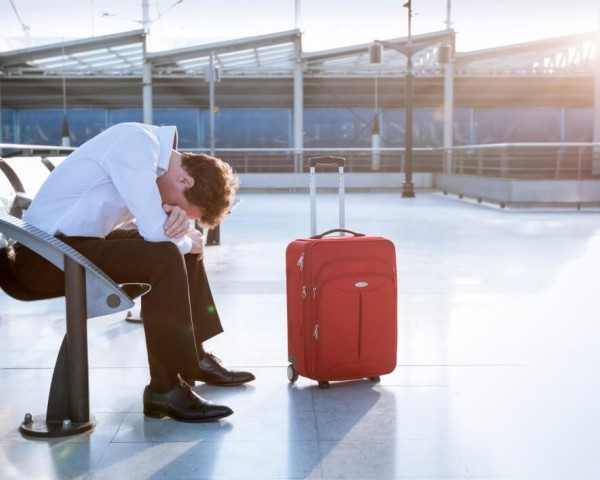TravelPerk has published its annual Travel Disruption Report, highlighting the ongoing impact of travel disruptions on businesses and their employees worldwide. In 2024, 78% of business travelers reported being affected during their trips.
While the overall disruption rates are consistent with those in 2023, the causes of these disruptions vary significantly by region. In particular, European markets are experiencing notable issues with cancellations and strikes.
The survey involved 4,000 business travelers in the UK, the U.S., Germany, and Spain and analyzed global aviation data from TravelPerk. The 2024 study reveals that more than one in four (27%) business travelers experienced cancellations this year, while over one-fifth (21%) were impacted by weather events and transport strikes.
In Germany, 23% of participants faced cancellations, 20% experienced disruptions due to weather events, and 29% were affected by transport strikes. Additionally, delays of over an hour affected 49% of travelers, and missed connecting flights impacted 37% of respondents. Notably, 18% of German business travelers experienced issues due to overbookings.
Disruptions have a significant impact on both companies and employees. According to a survey, 41% of respondents reported missing or being delayed for face-to-face client meetings due to travel disruptions. Meanwhile, 40% incurred additional hotel stays and rebooking fees. To make up for lost time, over a third (36%) of business travelers had to work overtime to catch up on missed work, and 85% said their productivity was affected by these disruptions. Responding to these challenges, more business travelers (23%) opt to extend their trips to stay overnight instead of returning the same day.
Regional data reveals significant differences in how travel-related disruptions impact various markets. German and British business travelers experienced the highest effects from transport strikes, with 29% and 27% reporting issues, respectively. In contrast, only 9% of travelers in the U.S. were affected by strikes. However, U.S. travelers faced the most cancellations during the same period, with 139,777 flights canceled between March and September 2024. They also experienced the highest rate of weather-related disruptions at 30%, notably above the global average of 21%.
Additionally, it’s important to note that factors beyond weather and strikes are impacting travel. In July, only 57% of flights were completed without delays.
Although the US has the highest number of flight cancellations, third-party data analysis indicates that China now has the highest cancellation rate, reaching nearly 5%. Canada and the U.S. follow closely, both with cancellation rates of 3%. This is a shift from 2023, when Indonesia had the highest cancellation rate at 13%.







![How to Visit Ain Dubai – the World’s Largest Observation Wheel [Reopened 2025!]](https://pulseprotravel.com/wp-content/uploads/2025/01/Dubai-Travel-Planner-Ain-Dubai-Depositphotos-324x160.jpg)



![How to Visit Ain Dubai – the World’s Largest Observation Wheel [Reopened 2025!]](https://pulseprotravel.com/wp-content/uploads/2025/01/Dubai-Travel-Planner-Ain-Dubai-Depositphotos-218x150.jpg)
